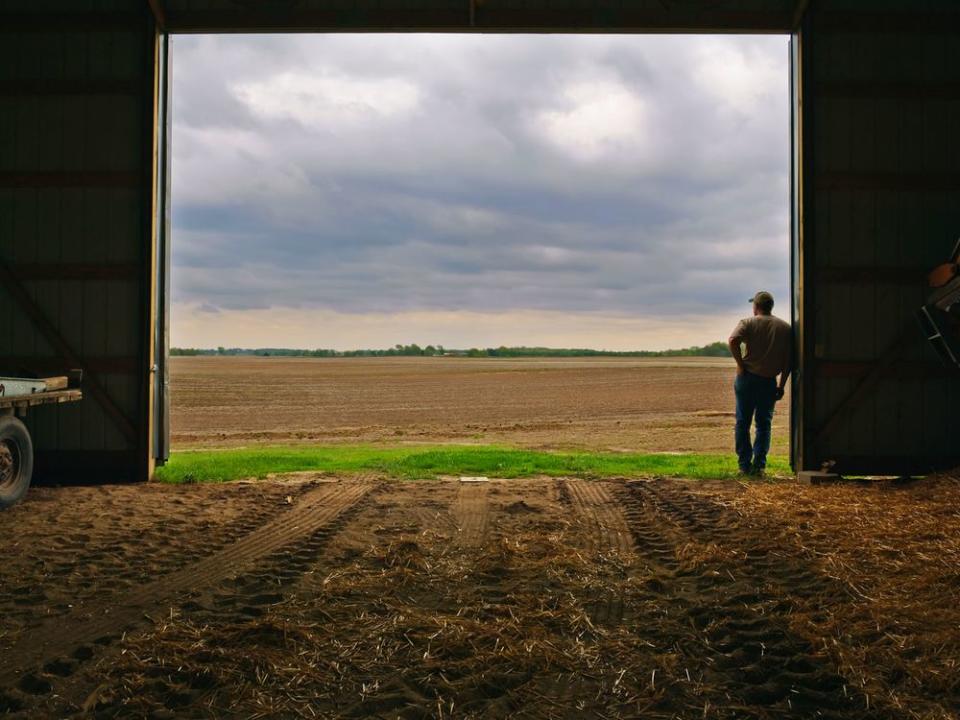Farming Industry Faces Rising Bankruptcy Filings
According to a recent report from the American Farm Bureau Federation, a lobbying organization that calls itself "the voice of agricultural producers," 580 farms filed for bankruptcy between September 2018 and September 2019, which is a 24-percent increase from the previous 12-month period, and the highest number of bankruptcies since 676 farms filed in 2011.
These Chapter 12 filings were the highest in Wisconsin with 48, followed by 37 filings each in Georgia, Nebraska and Kansas. Nine states (Iowa, Kansas, Maryland, Minnesota, Nebraska, New Hampshire, South Dakota, Wisconsin and West Virginia) also hit 10-year highs for bankruptcy filings this year. (And things seem especially dire in Wisconsin; in September, NPR suggested that "nearly 10 percent" of the state's dairy farmers might cease operations this year.)

Chapter 12 bankruptcy is a specific kind of bankruptcy filing that was made available in 1986 for farmers or the owners of fishing operations. "The restrictions are brutal, requiring millions of dollars of debt, so it’s even more concerning that so many farmers qualify," Modern Farmer wrote.
Although it's difficult to determine the exact cause of bankruptcies—and surely each farm's story is slightly different—experts have suggested that it could be a combination of factors, ranging from floods, prolonged periods of freezing weather, droughts, and the consequences of President Donald Trump's assorted trade wars with countries such as China.
"Chapter 12 farm bankruptcies continue to increase as farmers and ranchers struggle with a prolonged downturn in the farm economy that’s been made worse by unfair retaliatory tariffs on U.S. agriculture as well as two consecutive years of adverse planting, growing and harvesting conditions," the Farm Bureau explained.
Richard Blaine, an Oregon apple farmer who filed for bankruptcy in October, said that his own farm's downturn started in 2014 when Russia annexed the Crimean peninsula in Ukraine. Western countries imposed sanctions on Russia as a result, and Russia responded by blocking imports from any of those countries. Losing the Russian market meant that European apple producers had to find other markets for their fruit, and that started chipping away at America's market share.
Blaine told Oregon Public Broadcasting that his farm had started to recover from that challenge, as well as from extreme weather conditions that killed 50 to 60 acres of his orchard, but then President Trump's trade wars caused major apple-importers like Mexico, India, and China to raise tariffs on American apples. As a result, those apples have stayed in the States, and their prices have plummeted.
"Much of our efforts, including planting Red Delicious, even though we know it wasn’t domestically acceptable, was designed to be exported to India. The people of India and China and Southeast Asia, they really enjoy red fruit. And I think that’s terrific,” Blaine said. "If you can’t sell your fruit that’s designed for export, then you have failed."

